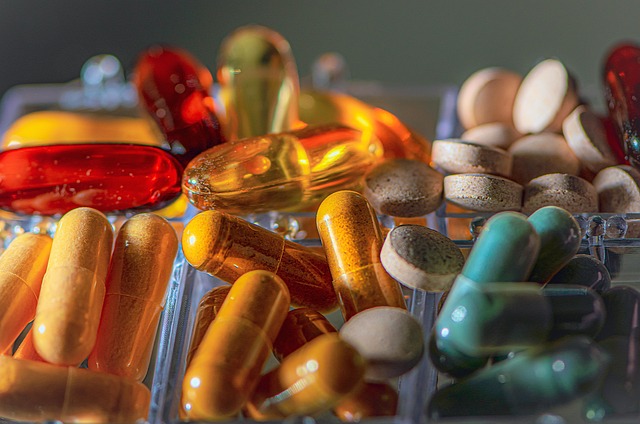Bioavailability: The Unsung Hero of Vitamin Efficacy
Vitamins and supplements have been integral to human health for thousands of years, long before the advent of modern medicine. They've been used for everything from bolstering immune systems to promoting mental clarity, and their importance cannot be overstated. However, the effectiveness of vitamins isn't solely determined by their type or dosage. A crucial, often overlooked factor is bioavailability—the extent and rate at which a nutrient is absorbed and used in the body. Despite its intricate relationship with vitamin efficacy, bioavailability remains a niche topic, underexplored and misunderstood by many.

Understanding the Concept of Bioavailability
Bioavailability is a pharmacological principle that applies not only to drugs but also to nutrients such as vitamins and supplements. It refers to the proportion of a consumed substance that enters the bloodstream and can thus have an active effect on the body. Vitamins and supplements with low bioavailability are less effective, as a large portion of them isn’t absorbed or utilized by the body.
Bioavailability depends on several factors, such as the form in which the vitamin or supplement is consumed, the time of consumption, and individual physiological factors like metabolism and gut health. Understanding these factors is crucial for maximizing the health benefits of vitamins and supplements.
The Historical Context of Vitamin Bioavailability
The concept of bioavailability has roots in traditional medicine. Ancient practitioners intuitively understood that the effectiveness of a substance depended on how it was prepared and consumed. For instance, traditional Chinese medicine emphasizes the importance of combining certain herbs and consuming them at specific times of the day to maximize their efficacy.
However, it wasn’t until the 20th century that bioavailability was formally studied and recognized as a crucial factor in nutrient absorption. The importance of this concept in modern medicine cannot be overstated—bioavailability influences everything from drug development to dietary recommendations.
Current Relevance and Application of Bioavailability
Today, bioavailability is a key consideration in the development and marketing of vitamins and supplements. Manufacturers often highlight the bioavailability of their products, as this can serve as a major selling point. Consumers, too, are becoming more aware of the importance of bioavailability and are seeking out products with higher absorption rates.
Bioavailability has also made a significant impact in the field of nutrigenomics—the study of how our genes interact with our diet. This emerging discipline has revealed that individual genetic variations can affect nutrient absorption and utilization, leading to a more personalized approach to nutrition.
Unique Insights: The Case of Vitamin C
Vitamin C is a fascinating example when discussing bioavailability. While it is widely consumed and known for its immune-boosting properties, there’s a common misconception that consuming more vitamin C automatically results in more absorption. However, studies show that the bioavailability of vitamin C decreases as intake increases.
This means that consuming megadoses of vitamin C doesn’t necessarily result in greater health benefits. In fact, it can lead to gastrointestinal discomfort and waste of the nutrient, as the excess is excreted through urine. Therefore, it’s essential to consider the bioavailability when taking vitamin C or any other vitamin or supplement.
The Future of Bioavailability
As our understanding of bioavailability evolves, so will our approach to taking vitamins and supplements. We can anticipate a future where nutrient intake is personalized based on individual bioavailability rates. This personalized approach could optimize nutrient absorption and utilization, leading to improved health outcomes.
In conclusion, the concept of bioavailability is crucial to understanding and maximizing the efficacy of vitamins and supplements. By considering factors such as the form and time of consumption, as well as individual physiological differences, we can make the most of these important health aids. While bioavailability may be a niche topic, its influence on our health is substantial and worth understanding.




